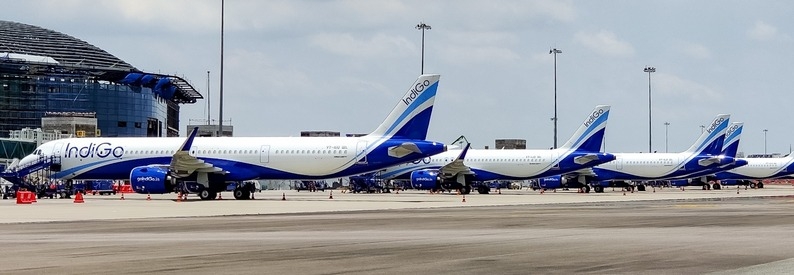The employee consortium that expressed an interest in buying Air India (AI, Delhi International) has not been shortlisted for the next stage in the privatisation process, the Indian online business news site Moneycontrol reported on March 8 citing a letter to staff from consortium leader and commercial director Meenakshi Mallik.
In her letter, sent on March 8, Malik explained that the previous evening she had received an email from Ernst & Young (EY), the transaction advisor to the government on the sale, informing the employees that they had been not been successful in qualifying for the next phase.
“While I write to you with a heavy heart on the outcome of our bid to acquire Air India, I cannot help but be filled with a great sense of pride and admiration for the sincerest efforts we have made over the last few months together,” Malik said in the letter.
She then quoted from the EY email that the documents the consortium had submitted had failed to fulfil the eligibility requirements because there was a “non-submission of required three years audited financial statements for foreign consortium members; non-submission of information or details [...] for investments in offshore companies, which form substantial part of net worth of a foreign consortium member; and the foreign consortium member not being an appropriately regulated Foreign Investment Fund as defined in the [Preliminary Information Memorandum].”
The exit of the consortium, which had received the support of US-based Indian entrepreneur Laxmi Prasad and his fund Interups Inc., appears to leave Tata Sons as a clear favourite to buy Air India. However, in recent days SpiceJet (SG, Delhi International) has also been rumoured to be in the running, while sources have told Business Standard that Kolkata-based “turnaround tycoon” Pawan Ruia had also put in an expression of interest.
India’s government has delayed making an announcement on the shortlisted bidders ever since it dropped the previously planned dated to do so, January 5. In the next stage, when it eventually happens, shortlisted bidders will be given a Request for Proposal (RFP), which will have additional details on the divestment, after which the remaining entities will place a final bid.
- Type
- Base
- Aircraft
- Destinations
- Routes
- Daily Flights








